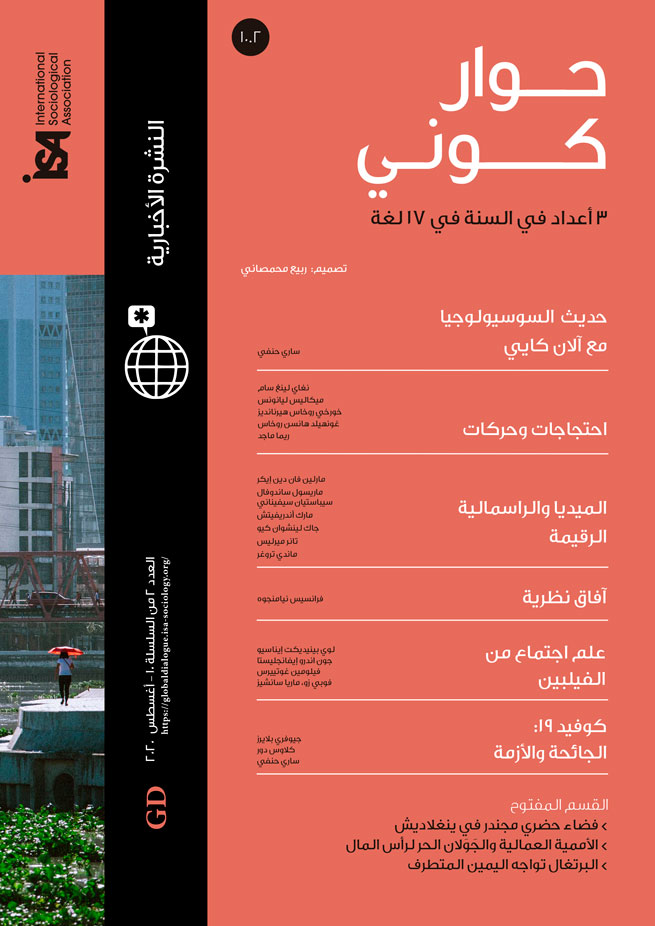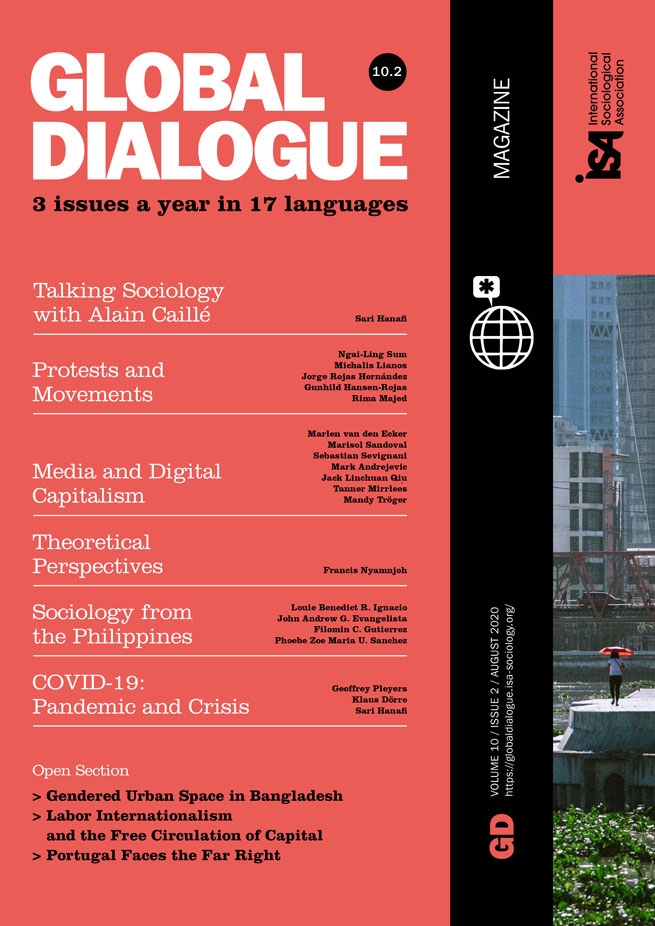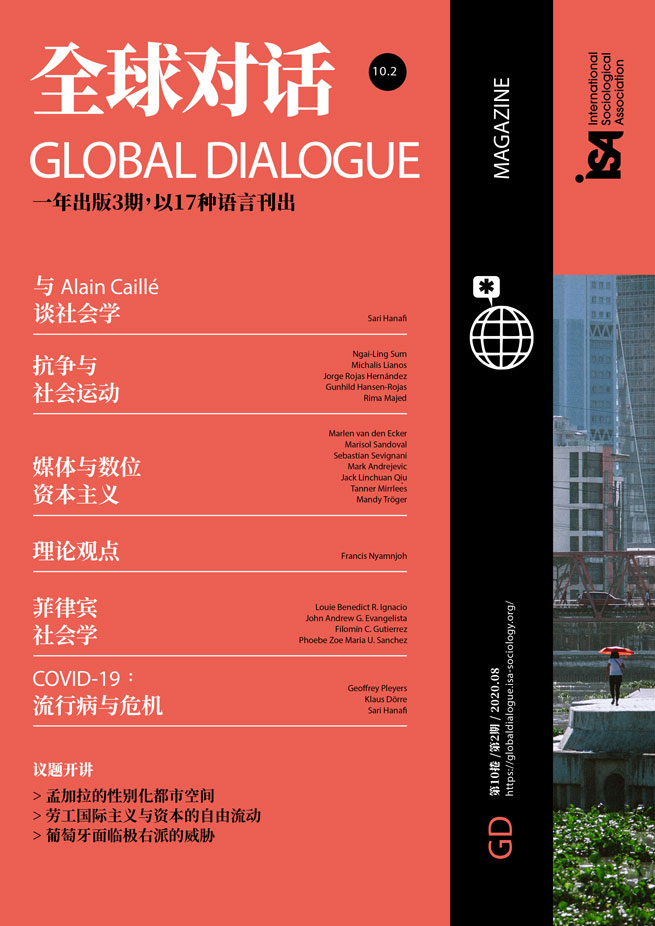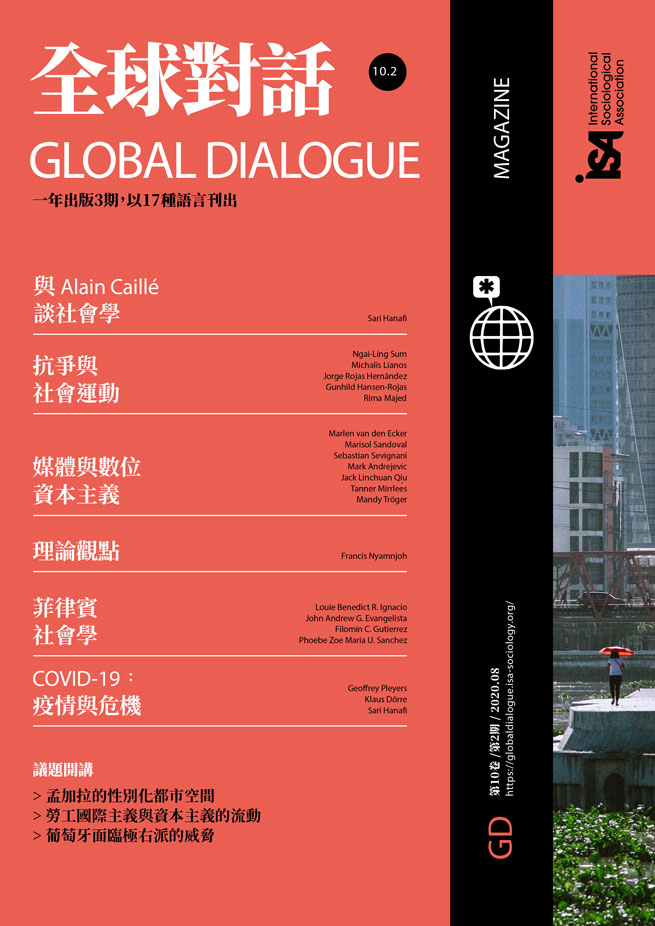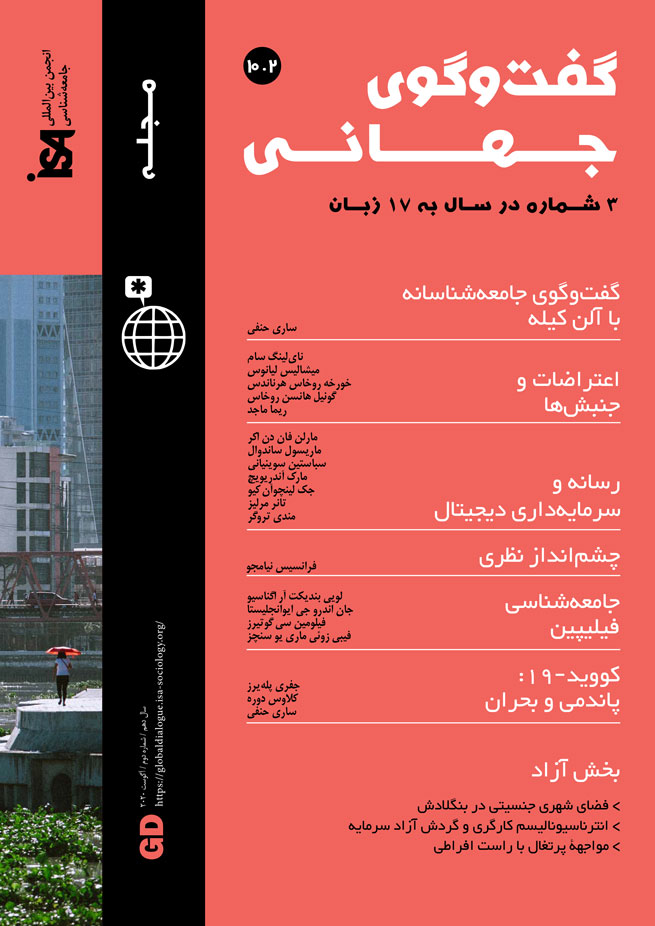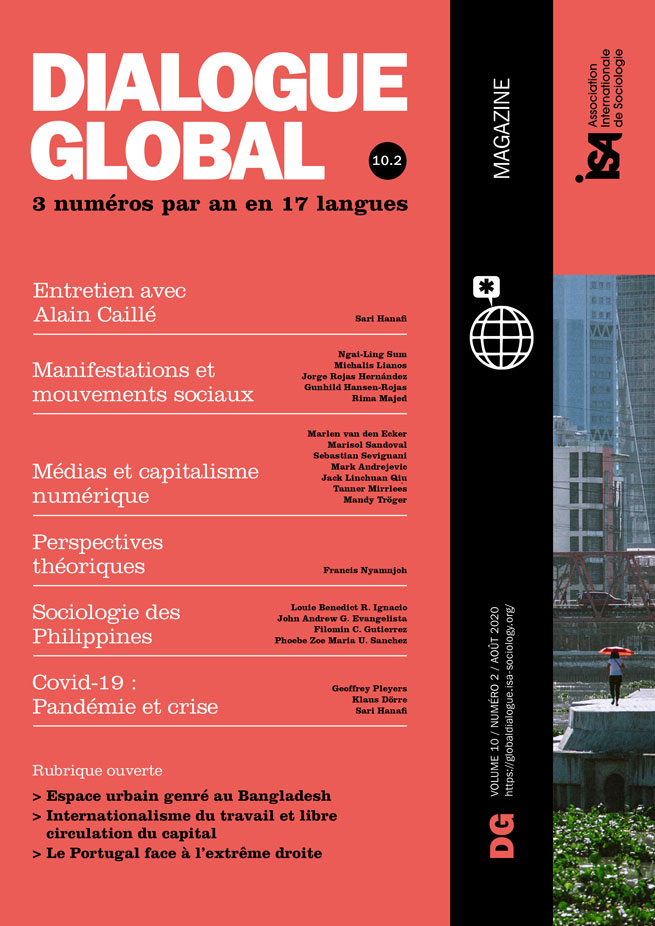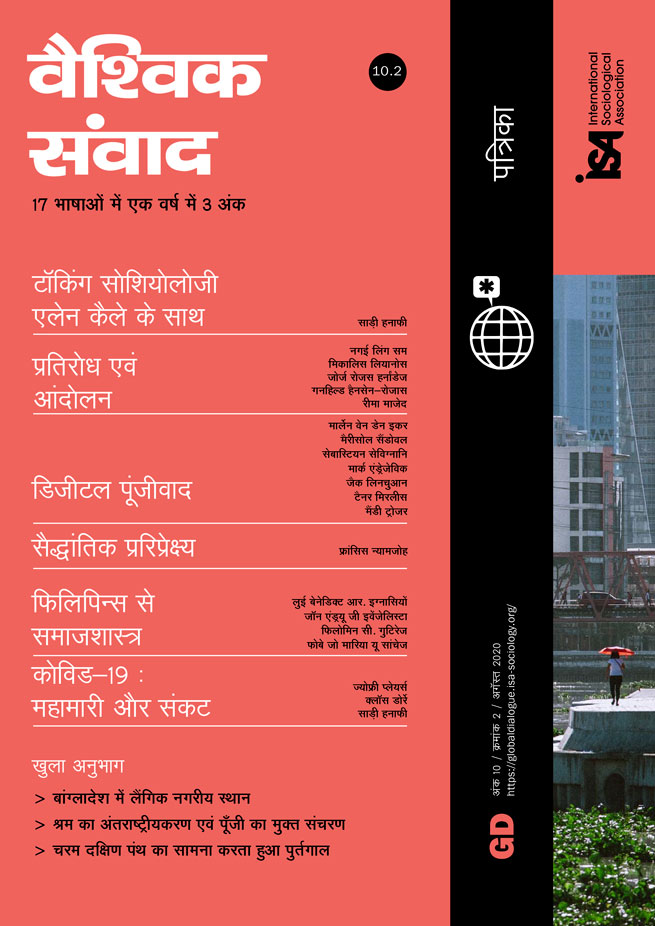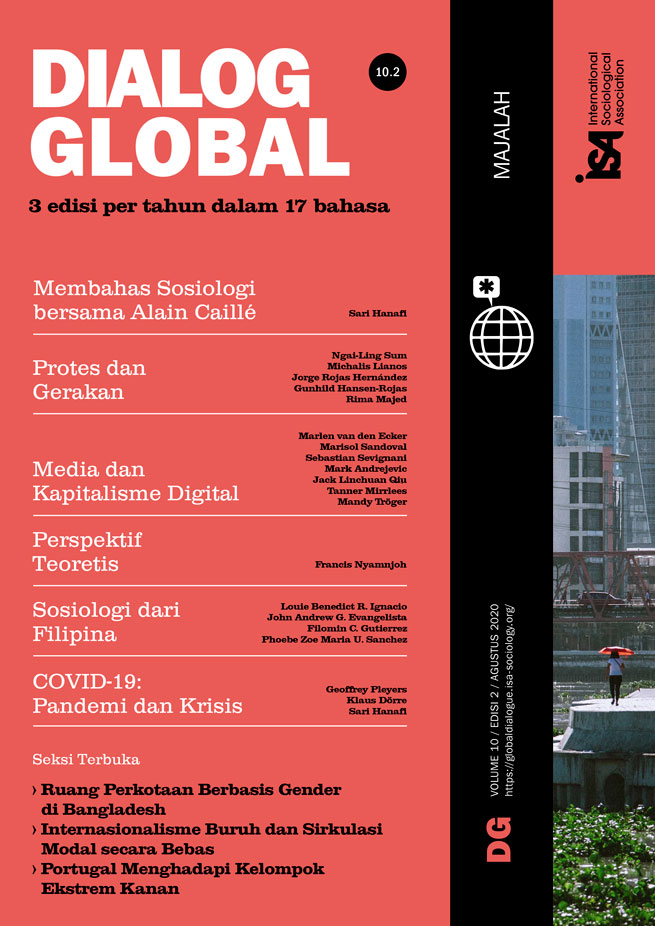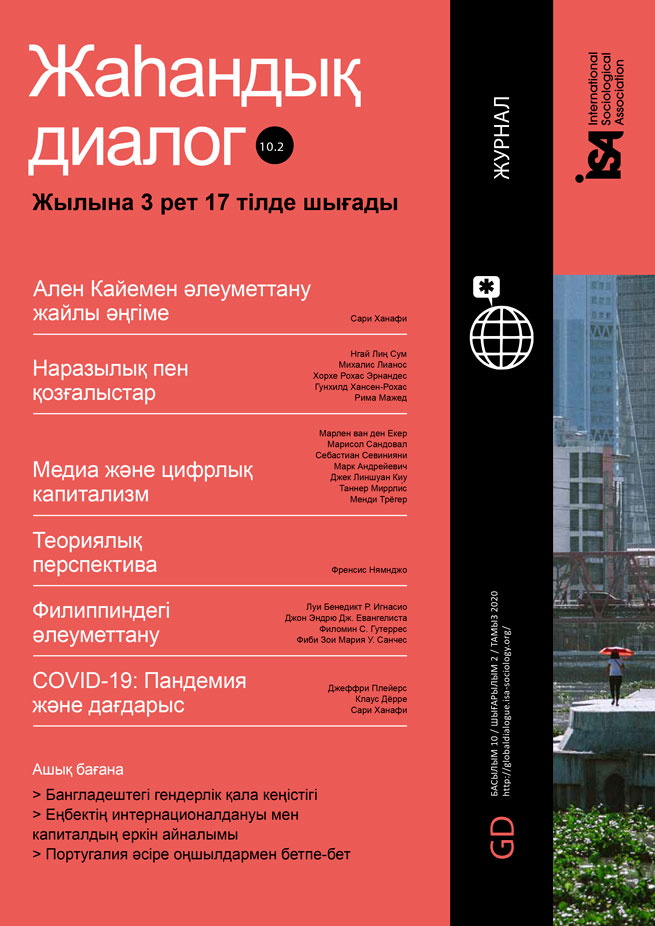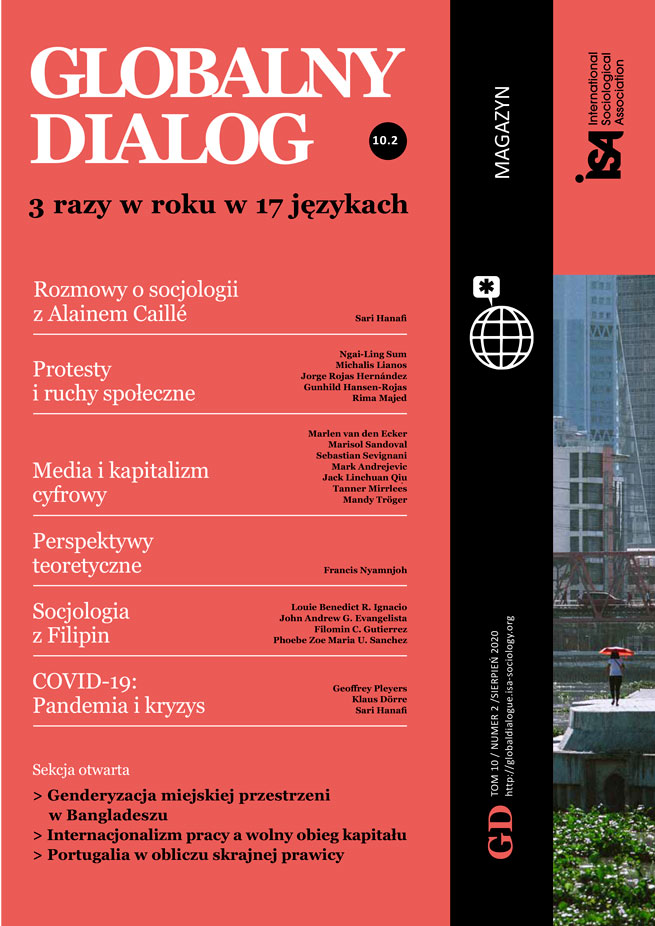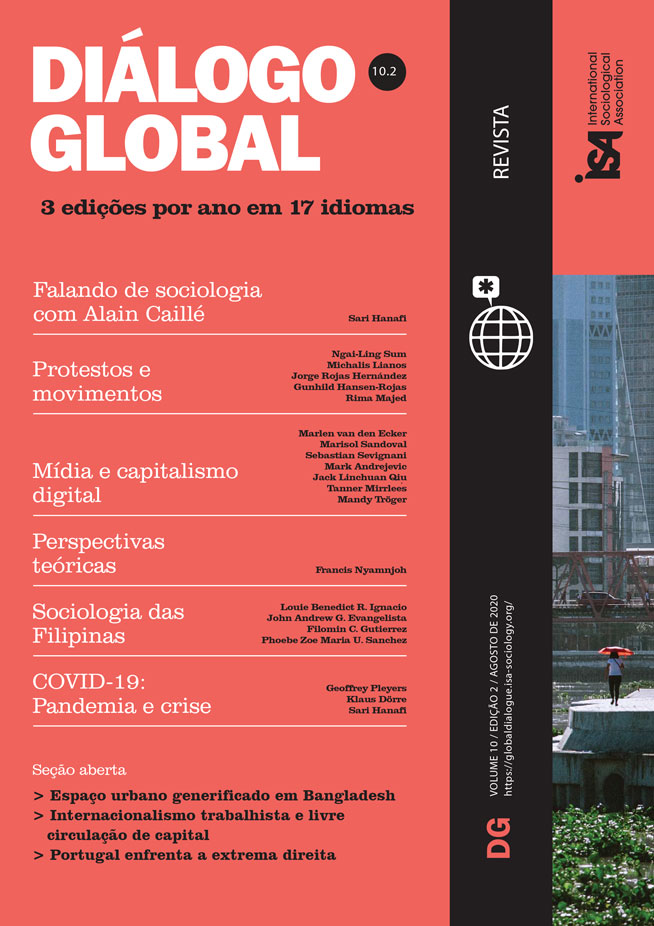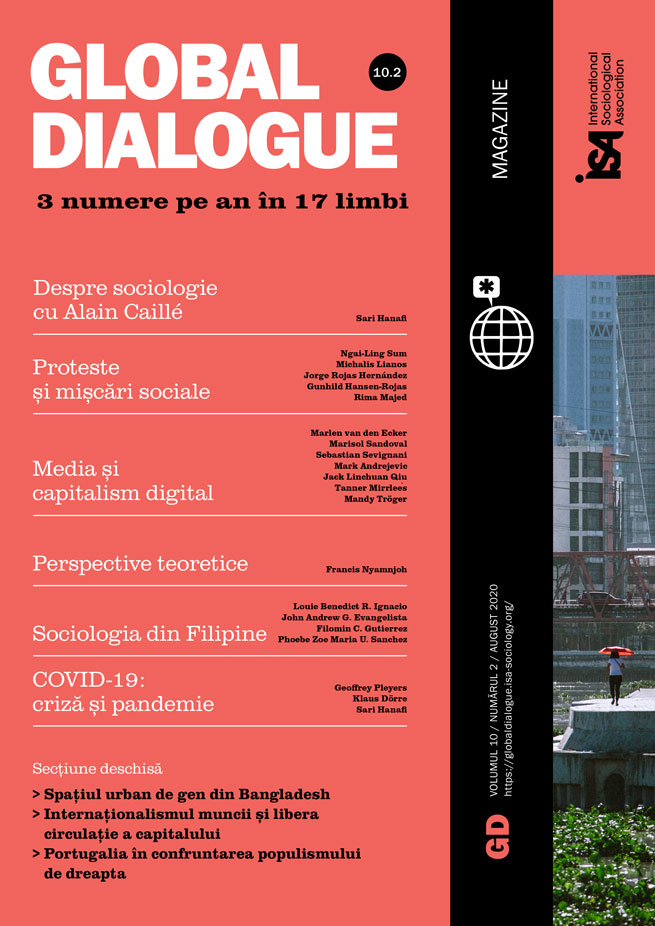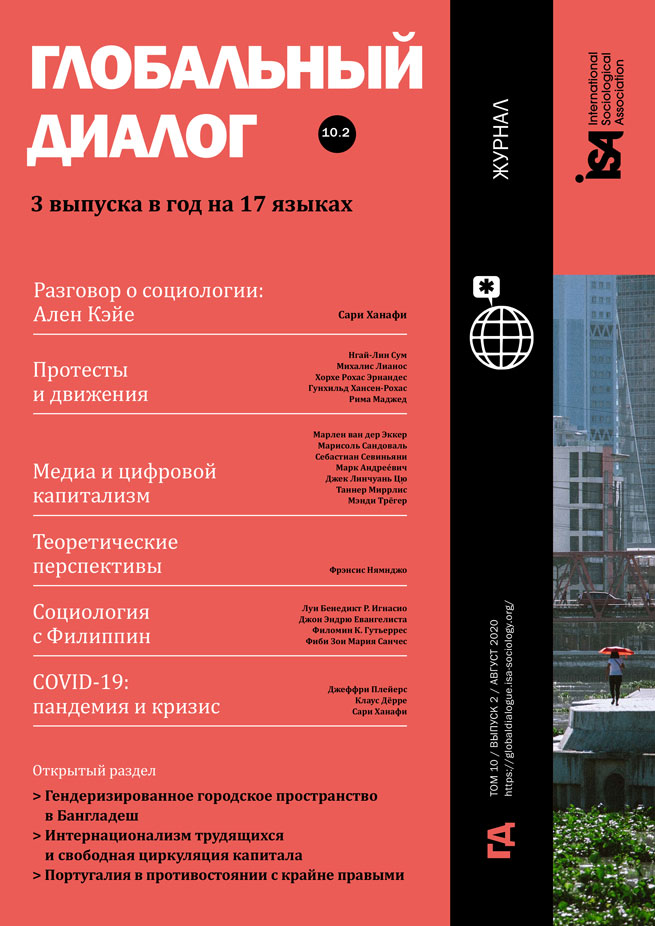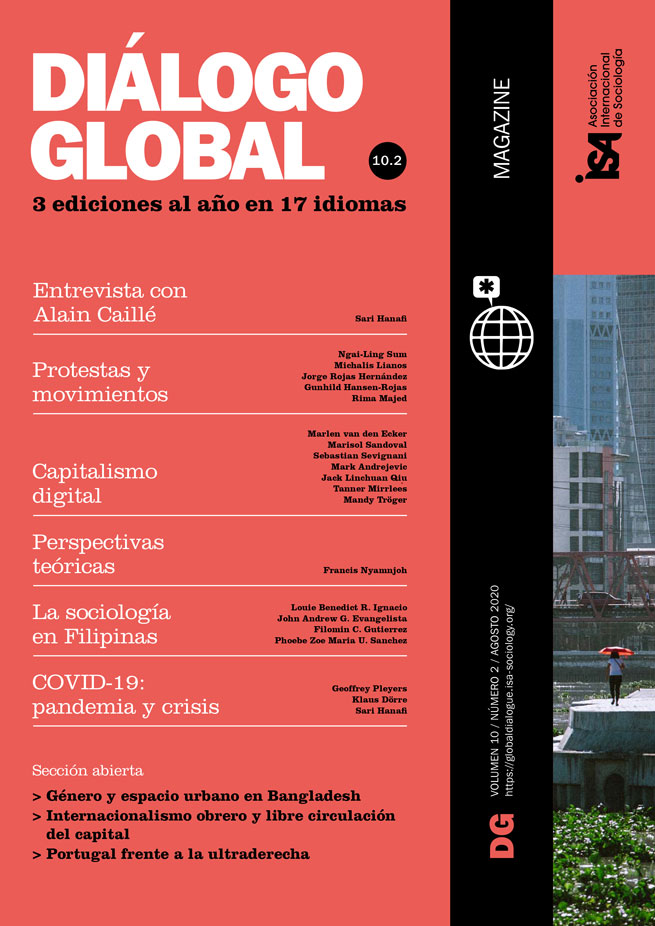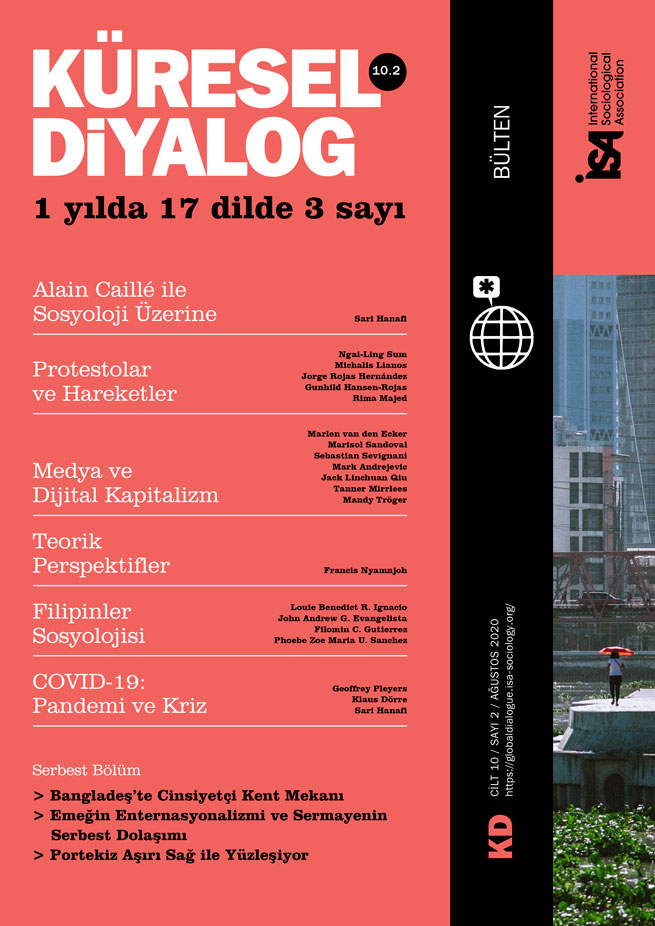ICTs as Juju: African Inspirations
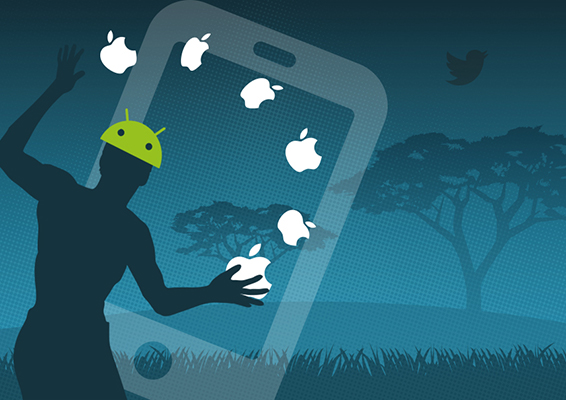
June 26, 2020
I grew up in West and Central Africa where we believe, organize, and conduct our lives around the idea that everything in the world and in life is incomplete: nature is incomplete, the supernatural is incomplete, humans are incomplete, and so are human action and human achievements. We believe that the sooner one recognizes and provides for incompleteness as the normal way of being, the better we are for it. We also believe that because of their incompleteness, people are not singular and unified in their form and content, even as their appearance might suggest that they are. And neither are things. Fluidity, compositeness of being, and the capacity to be present in simultaneous multiplicities in whole or in fragments are core characteristics of reality and an ontology of incompleteness. Furthermore, West and Central Africa is a region where interconnections and interdependencies are recognized and celebrated, and used as the dominant and desired template for organizing relationships among humans, and between humans and the natural and supernatural worlds.
On incompleteness
It is in recognition of incompleteness that humans in West and Central Africa are eager to seek ways of enhancing themselves through relationships with other humans, and use their creativity and imagination to acquire magical objects that can extend them in these relationships, as well as in interactions, with the whims and caprices of natural and supernatural forces or agents. Such magical objects, which in the language of modernity are referred to as technologies, are more commonly known in West and Central Africa under local names that I have roughly translated as juju. The cosmologies and ontologies that lend themselves to such beliefs and practices have in the past been, and still largely continue to be, mischaracterized and disparaged by modern-day students and observers of Africa and even by some Africans, as witchcraft, sorcery, paganism, superstition, and primitivism. Paradoxically, not even the currency of new information and communication technologies (ICTs) championed by the digital revolution is seen as a redeeming factor for such cosmologies and ontologies, beliefs and logics of practice by those who insist on seeing modernization and development as a zero-sum pursuit.
Yet, ambitions of dominance and superiority through conquest and refusal to acknowledge debt and indebtedness aside, it becomes evident that the future belongs with such disregarded popular beliefs and practices informed by the reality of incompleteness. If ordinary humans in the state of nature are incomplete, all efforts at seeking to enhance themselves through relationships with fellow humans and through borrowings and technologies, far from making them complete, points them to the humility of being composite and to the acknowledgement of their indebtedness to others – humans, nature, and the supernatural. Incompleteness is an enduring condition, in that the quest for extensions in order to repair one’s state of incompleteness only makes one realize one’s incompleteness, when confronted with all manner of extensions that one has not mastered. Moreover, extensions tend to work only partly and for some of the time, and some of them actually undermine the degree of completion one thought one had achieved. The fact that completeness is an illusion that can only unleash sterile ambitions of conquest and zero-sum games of superiority, is an invitation to explore, contemplate, and provide for a world of open-endedness, interconnections, fluidities, and conviviality; a world in which no one has the monopoly of power or powerlessness, a world in which humans and things complement each other.
An emphasis on interconnections and interdependencies invites us to embrace incompleteness as a normal state of being and becoming, by systematically disabusing ourselves of zero-sum aspirations to superiority.
Digital technologies as juju
As one of Chinua Achebe’s proverbs from his book Arrow of God on invisible power goes, “[w]hen we see a little bird dancing in the middle of the pathway we must know that its drummer is in the near-by bush.” To be able to claim godlike attributes of omniscience, omnipotence, and omnipresence, humans must seek to enhance their ordinary selves with extraordinary activators – juju. Hence, the widespread belief in West and Central Africa that, ordinary though we are as humans, our ability to be omniscient, omnipresent and omnipotent can be significantly enhanced by juju (which includes but is not confined to charms, spells, concoctions, potions, etc.). Such juju is usually specially prepared by clairvoyant or spiritual experts who are known in different contexts by different names.
Thus, I liken ICTs or digital technologies to what we in West and Central Africa have the habit of referring to as juju. I invite you as scholars of the digital humanities to see in the region’s belief in incompleteness and the compositeness of being human, as well as in the capacity to be present everywhere at the same time, an indication that we have much to learn from the past about how best to understand and harness current purportedly innovative advances in ICTs. The idea of digital technologies making it possible for humans and things to be present even in their absence and absent even in their presence is not that dissimilar to the belief in what is often labelled and dismissed as witchcraft and magic. This belief lends itself to a world of infinite possibilities – a world of presence in simultaneous multiplicities and eternal powers to redefine reality. The popular world of West and Central Africa – a world of flexibility, fluidity, and incompleteness that was dismissed by colonial powers and continues to be disparaged by modernizers – is one in which time and space are not allowed to stand in the way of the truth and its nuanced complexities. It is a world that we have come to understand a great deal better only more recently with the advent of new ICTs such as the internet, the cell phone, and the smartphone, along with their “magic” and “witchcraft” of instant availability and reachability, as well as their propensity to facilitate narcissism, self-indulgence, and the keeping-up of appearances. Rather than thinking in dichotomies, the West and Central African tradition of self-extension through creative imagination assumes an ontology of interconnections that may be a fruitful approach for theorizing the intersections between humans and ICTs.
I see juju as a technology of self-activation and self-extension – something that enables us to rise beyond our ordinariness of being, by giving us potency to achieve things that we otherwise would fall short of achieving were we to rely only on our natural capacities or strengths. It is true that our bodies, if well cultivated, could become phenomenal juju, enabling us to achieve extraordinary feats. But even such technically trained, programmed, or disciplined bodies are likely to encounter challenges that require added potency. In other words, while our bodies have the potential to be our first juju, they eventually require additional juju for us to be efficacious in our actions.
The fact that juju often rely on a complicated network of interconnections to function properly is an added and humbling complication and a deterrence to any propensity for hubris. Equipping or extending oneself with purportedly more scientific and technical jujus such as computers (desktops or laptops), cell phones (basic or smart), and other mobile devices (tablet, iPad) is still no guarantee that these will not fail just when one needs them the most.
It is perhaps for this reason that the juju men and women of West and Central Africa do not shy away from the use of modern/scientific technologies (smartphones, tablets, iPad, etc.) alongside what some prefer to call their “African electronics.” They use these blends of traditional and modern juju for self-activation and extension, and to enable them to meet and attend to clients in multiple locations outside their villages, in towns and even in other continents.
Reliance on jujus, charms, spells, and clairvoyance might seem primitive and irrational, but these are part of the potency repertoire from which we draw agency in view of the fact of our incompleteness. In this regard, as argued above, jujus are not much different from the supposedly more scientific, rational, and modern technologies of self-extension with which we are familiar (photos, computers, internet, cell phones, smart phones, mass media, social media, books, electricity, washing machines, artificial intelligence, nuclear weapons, etc.). A simple Google search for words such as marabout in France, Canada, or Belgium, for instance, would take you not only to websites and contact details of marabouts in Senegal, Mali, or Niger, but to their offices, agents, phone numbers, and schedules abroad. In Cameroon, for example, it is not uncommon to find diviners summoning diasporic Cameroonians on computers, smartphones, and tablets to appear and answer to the afflictions and predicaments of concerned relations left behind.
Juju: A necessary evil?
We are witnessing the phenomenal, growing, and disturbing powers of software designers in the age of digital technologies and the surging potency of algorithms. It is no longer beyond imagination for hackers to remotely install spyware in our smartphones that enables them to access all our content, including encrypted messages, and allows them to remotely control the microphone and camera without our knowledge. Such spyware makers are not dissimilar to a spirit medium in the bushes of West and Central Africa drumming their clients and protégés into intoxicating frenzies of fearless overindulgence in full view of others.
Just as life is full of hierarchies informed and sustained by inequalities, so too are there inequalities and hierarchies among juju. The more powerful one’s juju, the better one’s chances of being, seeing, doing, feeling, and smelling things, tangible and intangible, as well as of influencing and controlling other people, things, events, and phenomena. A juju can be used either alone or in combination with others, in order to maximize their potency. With a good juju (take the case of drones), one does not need to be physically present to be efficacious with those one is seeking to influence for good or bad, in love or in hate. Nothing brings this home better than the capabilities of a well-resourced (with applications and contacts) smartphone – one of the most sensational juju in vogue – with access to Wi-Fi, a hotspot, or Bluetooth, in the age of social media, supra connectivity, and the growing imperative for conviviality.
Yet, despite their contradictions and manipulability, life would be very ordinary, predictably standardized, and routinized without the exciting sense of adventure and ambition that the ever unfolding creative effervescence in juju (technics and technologies) brings. The very idea of creative innovation would be dead, as individuals and societies would lose the ability to improvise and reinvent themselves. This highlights the importance of juju in society and social relationships. Individuals and collectivities use juju to influence, persuade, and control situations and others, and to overcome and complicate adversities in ways that would otherwise not be possible without their repertoire of juju.
The ubiquity of juju should be associated with the idea that power, far from concentrated in the hands of a few, is actually something that comes and goes, often without warning. However powerful a person is, he or she is always seeking to enhance themselves with extended body parts and extra senses on the one hand, and juju (technics and technologies) on the other. This should sensitize us to the need to cultivate and champion a disposition to take the outside in and the inside out.
Francis Nyamnjoh, University of Cape Town, South Africa <francis.nyamnjoh@uct.ac.za>

